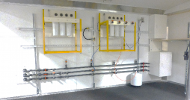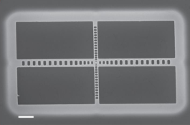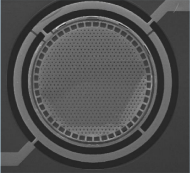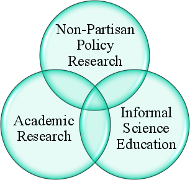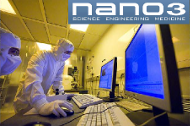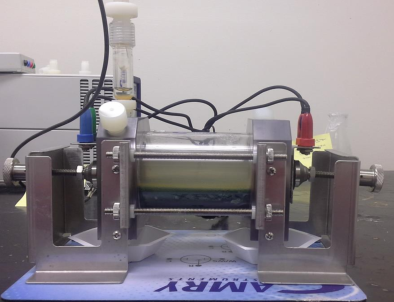Nano and AI Convergence
The Conference is a combination of keynotes, panels, posters, program information sessions, discussions of research trends, and principal investigator meetings with NSF program directors.
More information will be available soon.


